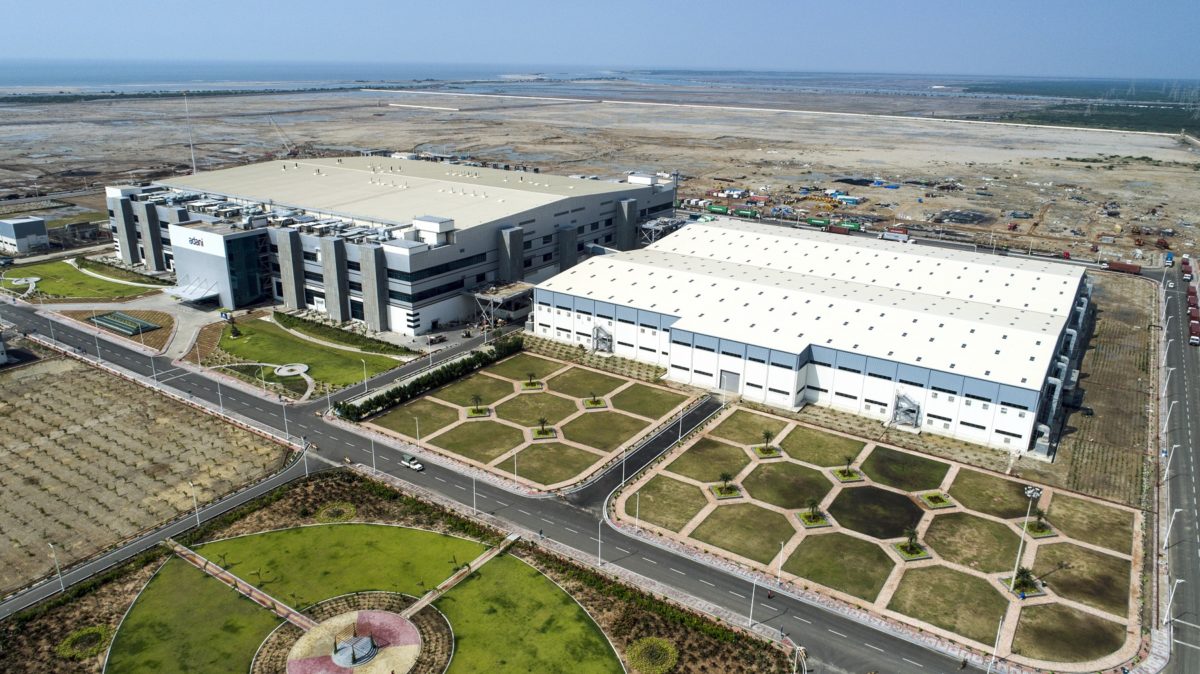This June, Power Minister Mr R.K. Singh announced that all future renewable energy project bids would have to cover at least a 50% of a project’s components with domestic manufacturing.
To support this move, SECI floated a 5 GW solar component manufacturing tender, linked to a 10 GW PPA, also in June. It was the first solar tender where developers were required to locally produce equipment in order to win projects.
The government agency has now made a number of amendments, including reducing the tender size from 5 GW to 3 GW, curtailing the minimum bid capacity from 1 GW to 600 MW, and reducing the maximum tariff payable to developers from Rs. 2.93 ($0.041), to Rs. 2.75 (excluding safeguard tariffs).
SECI has also revised the time allowed to set up manufacturing capacity to two years, from the earlier three-year time period.
For silicon-based facilities, while the module manufacturing unit has to be set up India, polysilicon can be imported. For non-silicon-based technologies, the primary functional raw material may be imported.
Regarding the PPA, it must be executed within a maximum timeframe of 90 days from the date of bid award, and a minimum 40% of the cumulative allocated capacity must be commissioned within 21 months from the date of PPA signing.
The remaining 60% of the capacity, meanwhile, has to be commissioned within 36 months from the date of the bid award letter.
Industry watchers believe the amendments have been introduced to entice more players to the project.
This content is protected by copyright and may not be reused. If you want to cooperate with us and would like to reuse some of our content, please contact: editors@pv-magazine.com.








By submitting this form you agree to pv magazine using your data for the purposes of publishing your comment.
Your personal data will only be disclosed or otherwise transmitted to third parties for the purposes of spam filtering or if this is necessary for technical maintenance of the website. Any other transfer to third parties will not take place unless this is justified on the basis of applicable data protection regulations or if pv magazine is legally obliged to do so.
You may revoke this consent at any time with effect for the future, in which case your personal data will be deleted immediately. Otherwise, your data will be deleted if pv magazine has processed your request or the purpose of data storage is fulfilled.
Further information on data privacy can be found in our Data Protection Policy.